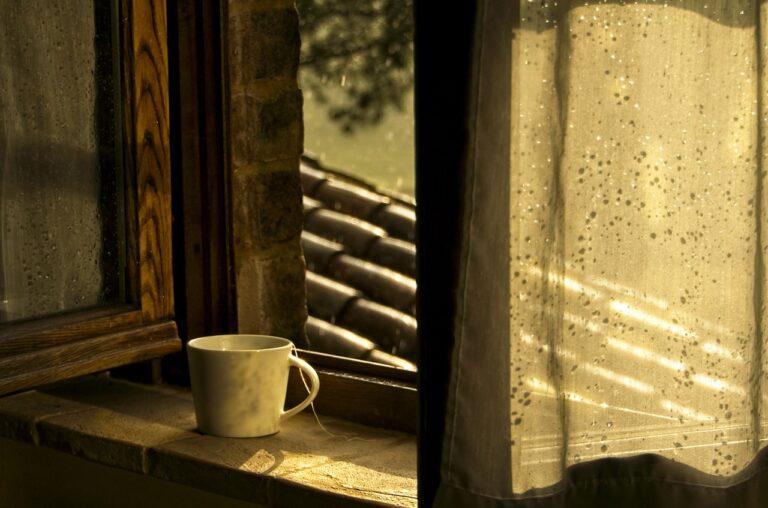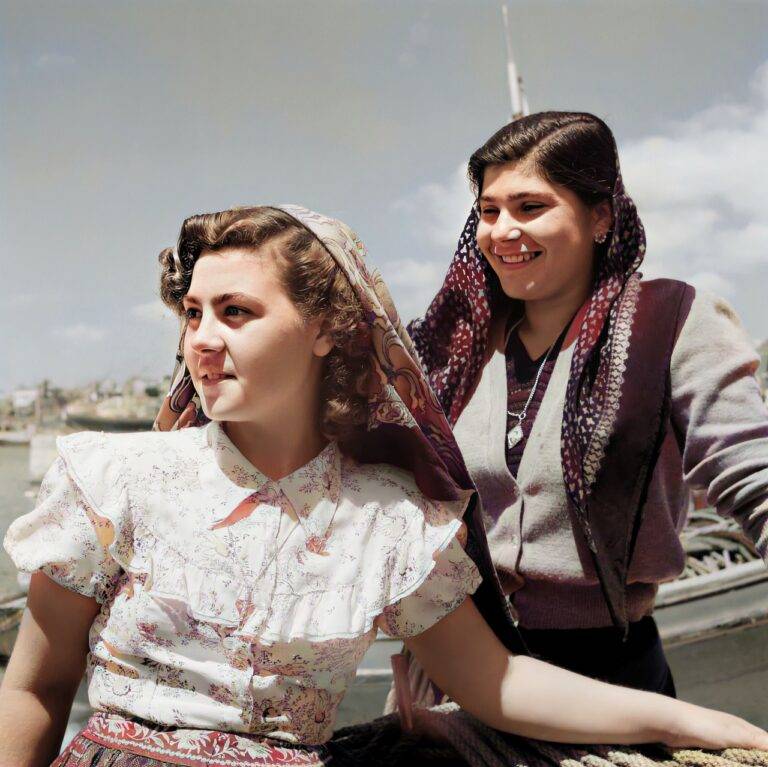The Impact of Wine on Religious Ceremonies: Rituals and Symbolism: Play99exch, Lotus exchange login, Playexch.in
play99exch, lotus exchange login, playexch.in: Wine has played a significant role in religious ceremonies for centuries, with its rituals and symbolism deeply ingrained in various faith traditions. From the Catholic Church’s celebration of the Eucharist to the role of wine in Jewish Passover Seders, the impact of wine on religious rituals is undeniable.
In Catholicism, wine is an essential element of the Eucharist, also known as Holy Communion. During Mass, the priest consecrates the wine, transforming it into the blood of Christ. This symbolic act represents the sacrifice of Jesus on the cross and the sharing of his body and blood with believers. The use of wine in the Eucharist underscores its importance as a symbol of spiritual nourishment and unity among believers.
Similarly, in Judaism, wine holds a central place in the Passover Seder, a ritual feast that commemorates the Israelites’ liberation from slavery in ancient Egypt. During the Seder, participants drink four cups of wine to symbolize different aspects of the Exodus story, such as freedom, redemption, and praise. The sweetness of the wine also serves as a reminder of the hope and joy associated with the holiday.
Beyond Catholicism and Judaism, wine is also used in other religious ceremonies around the world. For example, in Hinduism, wine (known as soma) is used in rituals to invoke gods and goddesses and seek their blessings. In Buddhism, wine may be offered as a symbolic gesture of generosity and respect to monks and spiritual teachers.
The use of wine in religious ceremonies not only adds a layer of symbolism and ritual but also highlights the importance of moderation and reverence in its consumption. By partaking in wine during sacred rites, believers are encouraged to reflect on its deeper meaning and significance in the context of their faith traditions.
As we consider the impact of wine on religious ceremonies, it becomes clear that its role goes beyond mere liquid refreshment. Wine serves as a conduit for spiritual connection, a symbol of divine presence, and a reminder of shared beliefs and traditions. Whether sipped from a chalice during Mass or poured into a ceremonial cup during a Seder, wine bridges the gap between the material and the spiritual, inviting believers to contemplate the mysteries of faith and the presence of the divine.
In conclusion, the use of wine in religious ceremonies encompasses a rich tapestry of rituals and symbolism that have been passed down through generations. Its presence in sacred settings adds depth and meaning to the worship experience, reinforcing the spiritual connection between believers and the divine.
FAQs:
1. Is wine always used in religious ceremonies?
While wine is a common element in many religious ceremonies, not all faith traditions incorporate it into their rituals. Some religions may use other beverages or symbolic objects to convey similar spiritual meanings.
2. Can non-alcoholic wine be used in religious ceremonies?
Yes, some religious denominations allow for the use of non-alcoholic wine as a substitute in their ceremonies, particularly for individuals who abstain from alcohol for health or personal reasons.







